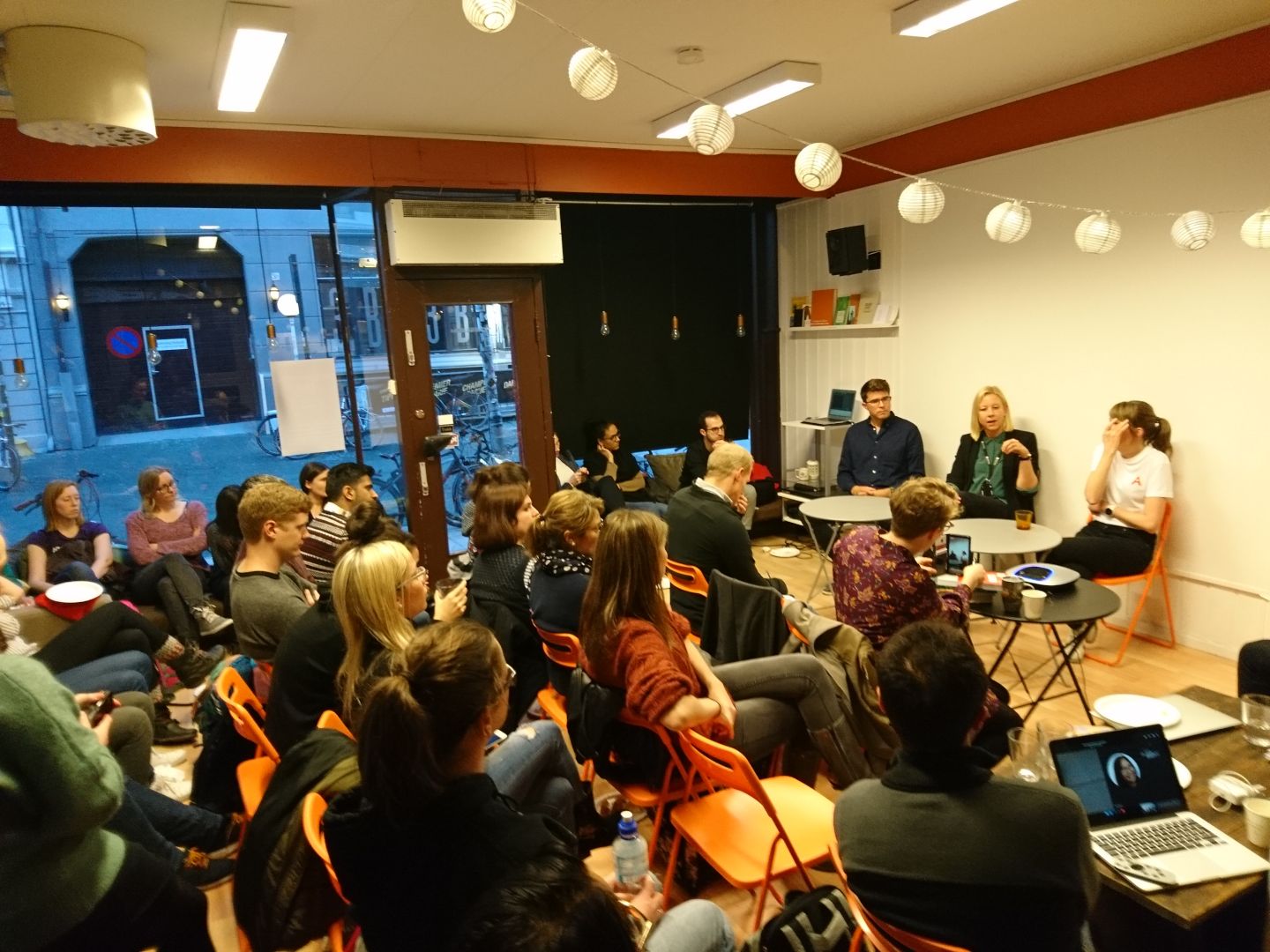Mental health is unfortunately an important subject for temporary employees in academia. PhD Candidates are especially overrepresented in mental health complaints. This Tuesday, at the event “Temporary Scientific Employees, Work and Mental Health” we started a discussion around this topic, which will be a priority area for DION this year. Although there are a number of preventative measures you can do yourself, the universities are responsible for creating a good work environment and still have a way to go.
The panel agreed that there was a clear connection between a highly demanding work situation, lack of predictability and mental health issues. Ingeborg P. Helland from The Young Academy of Norway, pointed out that, although there will always be some level of temporary employment in academia, we need to focus more on how this group is treated in the workplace. Many feel that they are treated differently on the basis of their employment status, being left out of decision processes, projects and information loops. A survey conducted by the academy showed that only about half of researchers would recommend an academic career to others – which should be alarming for the universities. Jo-Kristian Stræte Røttereng pointed out that conflicting expectations can be a particular burden in academia, and that a good integration into the work environment for new employees is often lacking at some institutions. Eli Rognes Klepp from the HOS section at NTNU gave us some advice on how to prevent depression and stress symptoms, such as getting enough sleep, exercise, social contact and a good work-life balance. She suggested that one should try to actively integrate into the work environment, and that this is a good way of improving it. She pointed out that it is not the number of hours you spend at work that counts, but rather the quality of these hours. Getting enough rest and sleep is the key to the quality of your work! One way to take some time off is to join the social events hosted by us or NTNU International Researcher Support (NIRS).
The streamed videos of the event are available, as well as the slides of the speakers (find the attachments below), and we recommend you check them out.
DION will continue to work with this issue, and we are open to your suggestions of how NTNU could facilitate to help with the prevention of mental health issues among the temporary academic staff.

